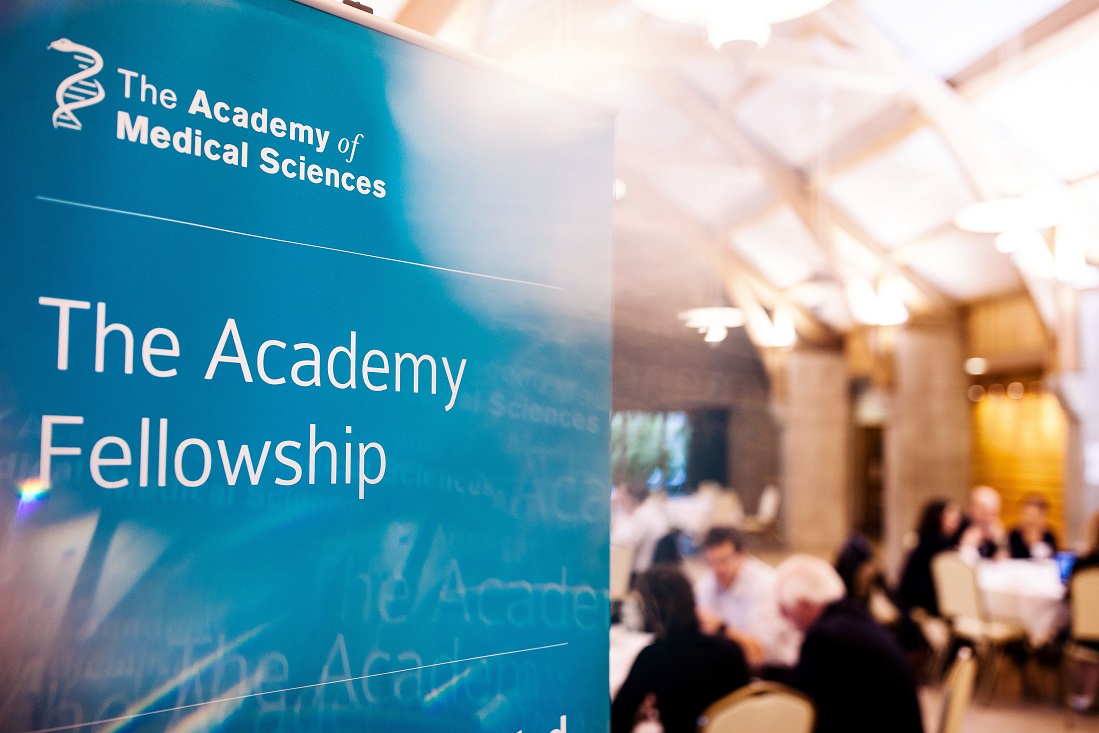Epigenetics and Cancer Group
Professor Kristian Helin’s group studies the role of chromatin-associated proteins (epigenetics) in the regulation of transcription, cell fate decisions and in cancer. The group is also using functional genetic screens to identify potential novel targets for the development of anti-cancer therapy.
Professor Kristian Helin
Group Leader:
Epigenetics and Cancer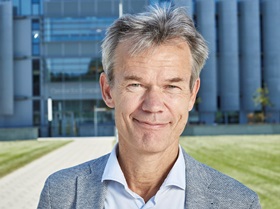
Professor Kristian Helin’s group studies the role of chromatin-associated proteins (epigenetics) in the regulation of transcription, cell fate decisions and in cancer. The group is also using functional genetic screens to identify potential novel targets for the development of anti-cancer therapy.
Researchers in this group
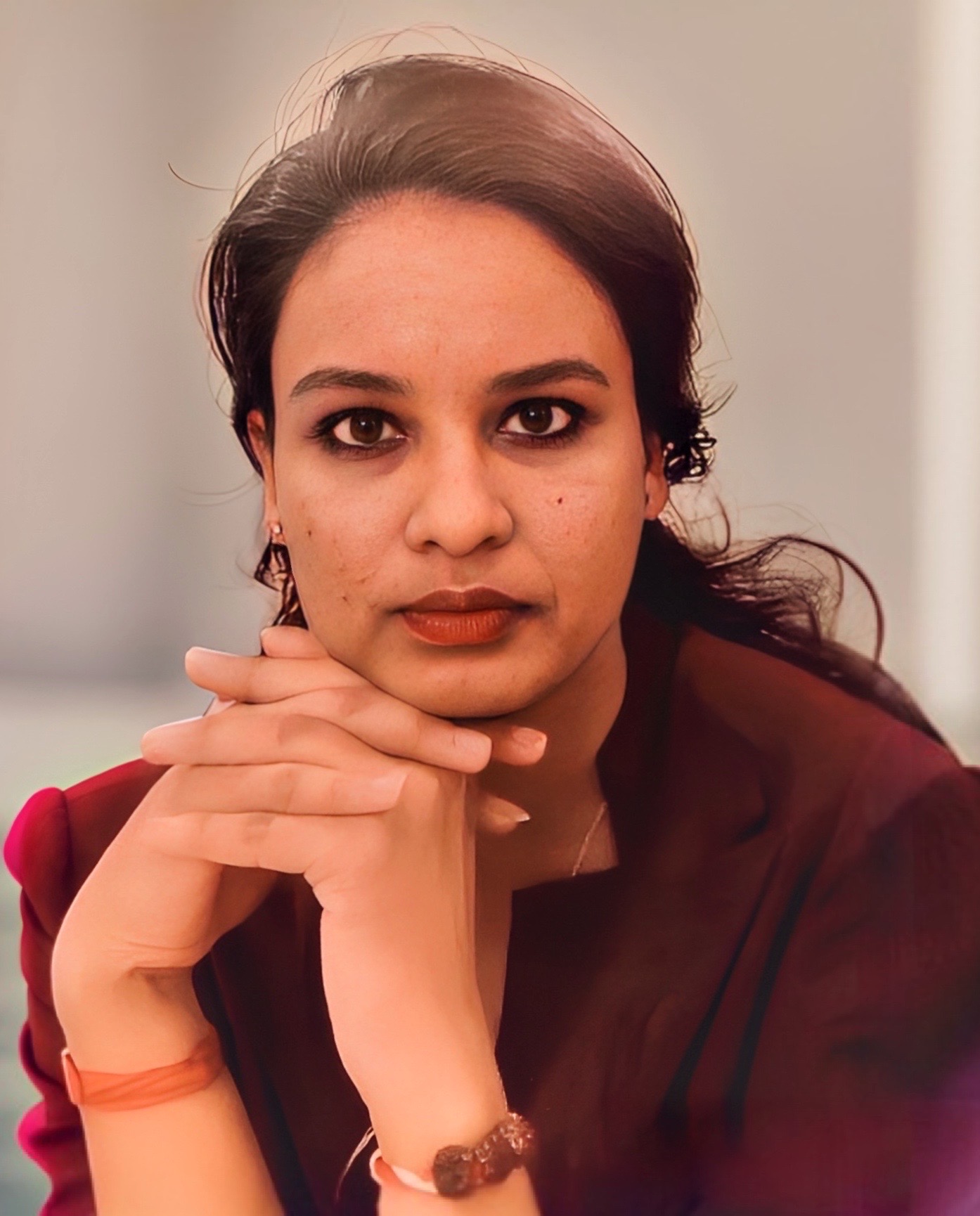 .
.
Deepa Bajantri is the Scientific Officer in Professor Kristian Helin’s lab since September 2025. Deepa obtained her BSc degree from Karnatak University, Dharwad, India, majoring in Chemistry, Botany and Biotechnology. Driven by concepts of Molecular biology and Genetic engineering, she obtained an MSc degree in Biotechnology and earned a distinguished Gold Medal from Karnatak University, India. After briefly training on how EVs mediate AML Progression and Survival at St John’s Research Institute (SJRI), Bangalore, Deepa joined as Research Project Associate I at Prof Sarin’s lab, The Institute of Stem Cell Science and Regenerative Medicine (InStem), Bangalore, India. Her research focused on ‘Nucleolar localisation of Notch 4 intracellular domain and how that diversifies signalling outcomes activated by the receptor’. She further pursued her research studies at Queen Mary University of London (QMUL) and The Francis Crick Institute, UK. The project focused on ‘Unravelling the mechanism of NF-κB signalling mediated by its regulatory protein N4BP1 and the ubiquitin system in atomic detail’ using NMR Spectroscopy. Hobbies: Alongside research, Deepa gets personal satisfaction from being a communications strategist, deconstructing complex issues with a commanding record of over 100 competitive debate wins.
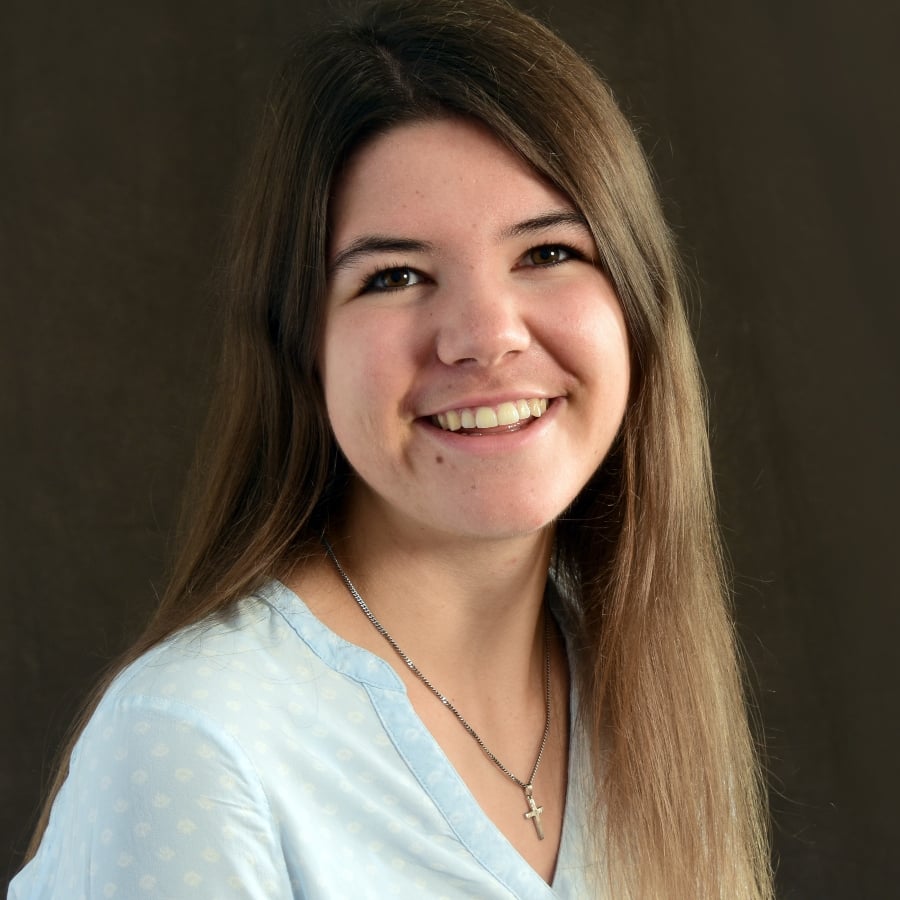 .
.
Sarah completed her undergraduate BSc degree in Molecular Medicine at the University of Tübingen, Germany, and Karolinska Institute, Sweden. She obtained her MSc in Molecular Medicine with a focus on Oncology from the University of Tübingen. Sarah joined Professor Kristian Helin’s lab in 2021. As a PhD student she is investigating p53 missense mutations in complex karyotype AML.
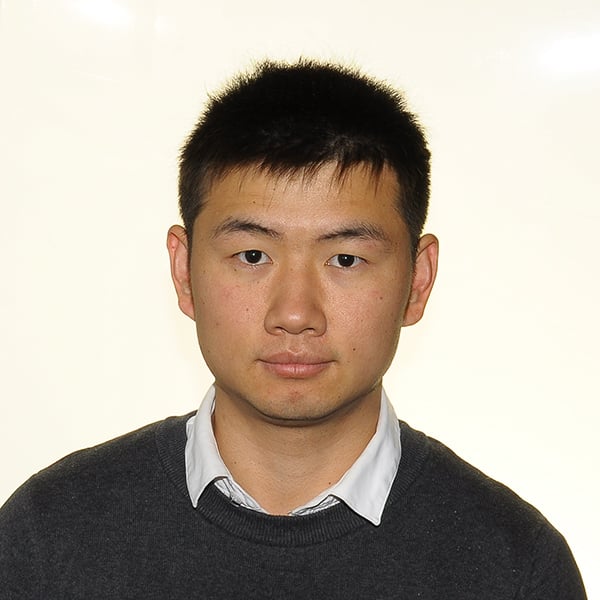 .
.
Shunlei completed his MSc in stem cell biology at the Institute of Biophysics, Chinese Academy of Sciences, where he explored the role of PTEN deficiency in transforming neural stem cells towards glioblastoma stem cells. He then obtained his PhD at University of Copenhagen, where he investigated the role of RECQL4 in maintenance of genomic stability. After obtaining his PhD, he joined Professor Kristian Helin’s lab at Biotech Research & Innovation Centre (BRIC), University of Copenhagen, where he started investigating kinases as novel therapeutic targets in AML. He continued this research in Professor Helin’s lab at the ICR since January 2022.
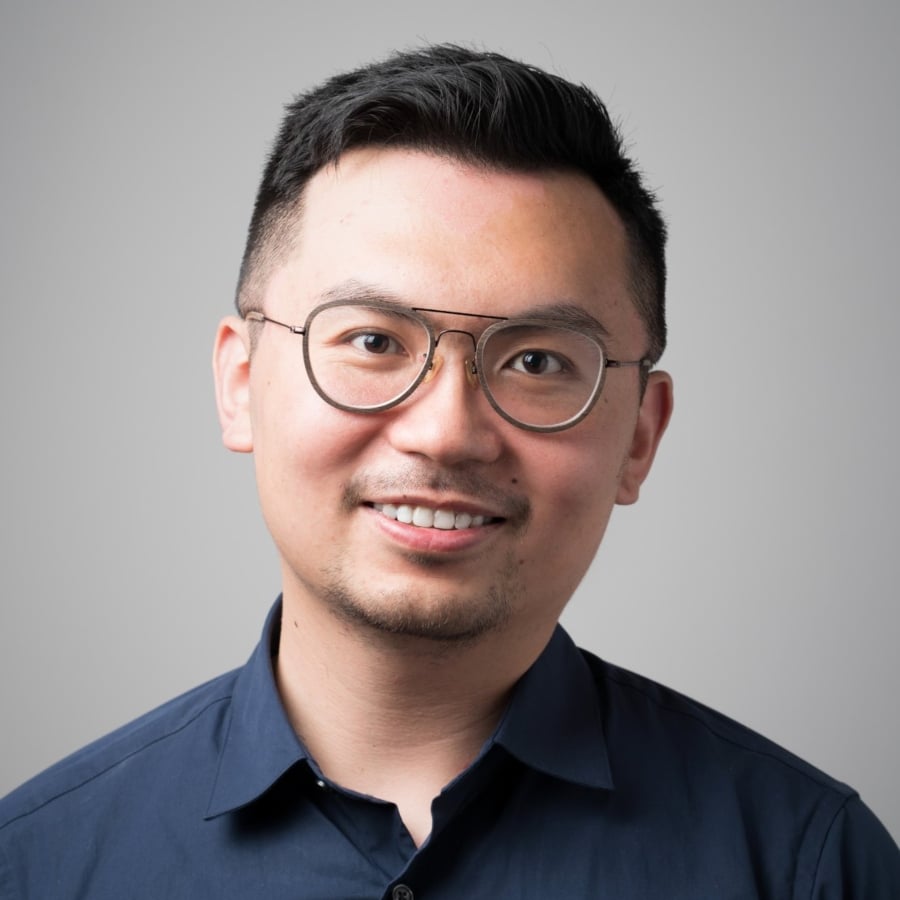 .
.
Zheng completed his undergraduate BSc degree in Biological Science at Fudan University, China. He then completed his Master of Biotechnology and PhD in Oncology at The University of Melbourne, Australia, where he explored the roles of cyclin-dependent kinases in regulating RNA polymerase II transcription elongation. In 2020, Zheng joined Professor Kristian Helin’s lab at the University of Copenhagen, Denmark. Since then, he has been investigating the mechanism of how Polycomb complexes repress gene expression using genome-wide CRISPR screen and single-cell sequencing technology.
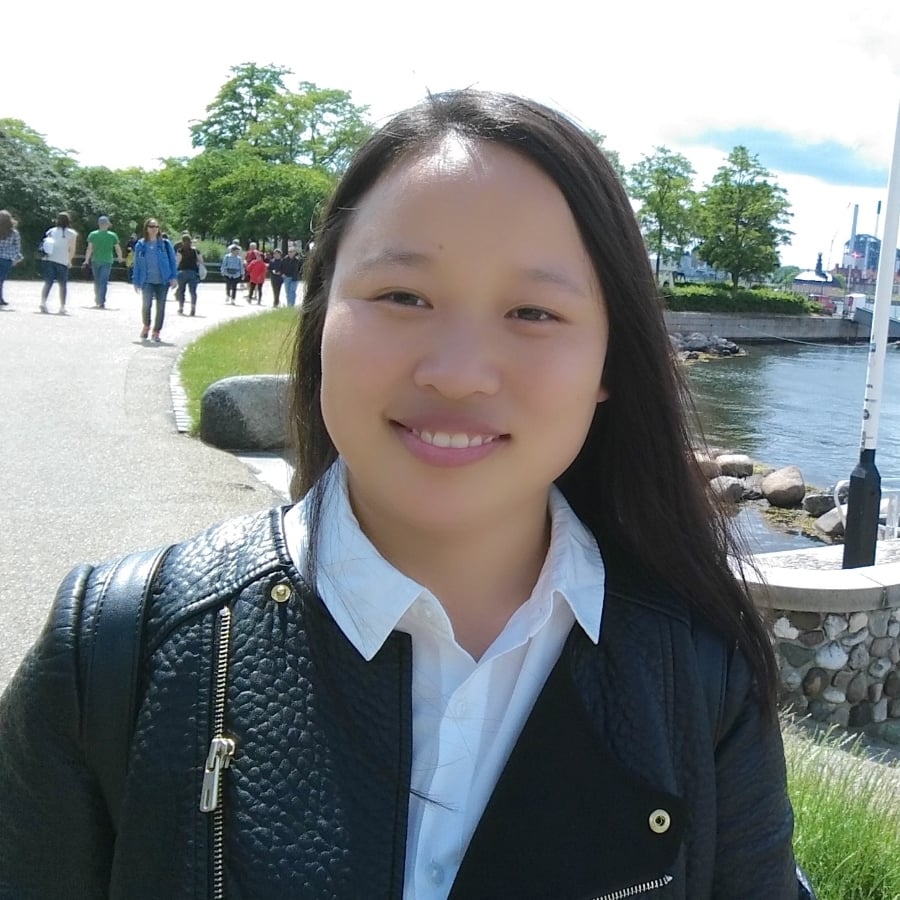 .
.
Xuerui obtained her MSc in Biochemistry and Molecular Biology with a focus on structural biology from Peking University, China. After her MSc, she worked as a R&D Engineer at TransGen Biotech Co., LTD. Then she moved to Copenhagen and worked at the Center for Healthy Aging, University of Copenhagen. Xuerui joined Professor Kristian Helin’s lab in Copenhagen in 2021 and Professor Helin’s lab at ICR in 2022, where she investigated the role of DNMT3A mutation in mastocytosis.
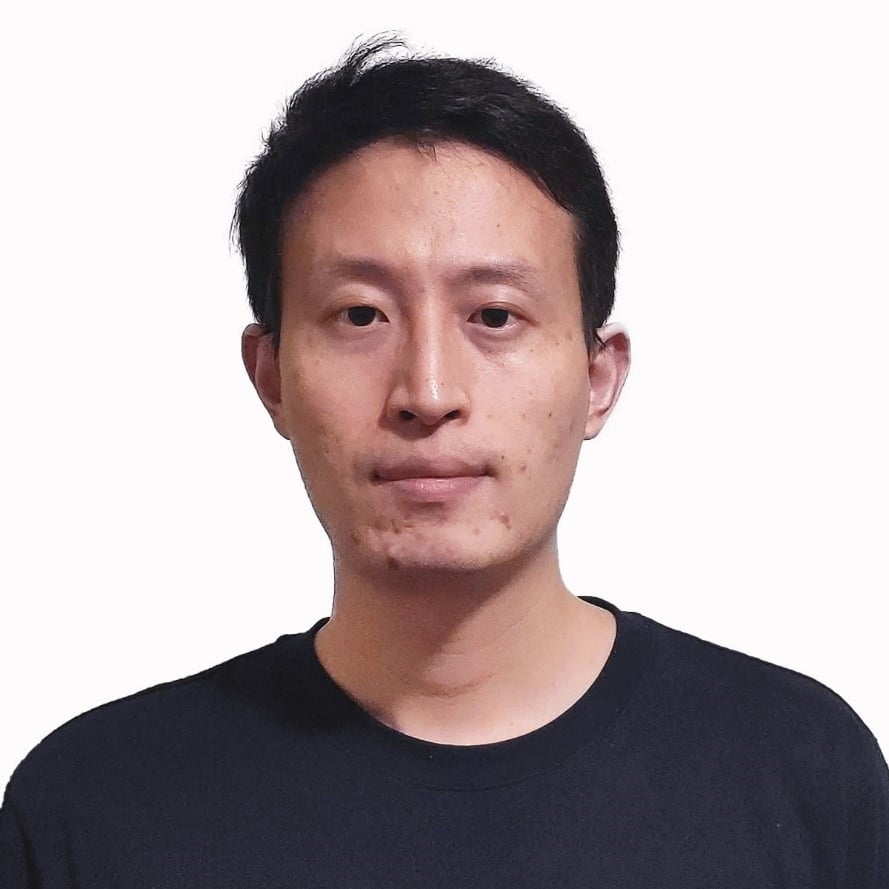 .
.
Chang obtained his Ph.D. degree from a joint program held by the National Institute of Biological Sciences, Beijing, and the College of Biological Sciences, China Agricultural University. He worked as a research associate in the Institute of Biophysics, Chinese Academy of Science, for several years, where he characterized the biochemical regulation of the histone methyltransferase Ash1 complex. He joined Professor Kristian Helin’s team in Nov 2019. His research focuses on understanding the molecular mechanisms of leukemogenic genes and identifying novel targets for potential therapies.
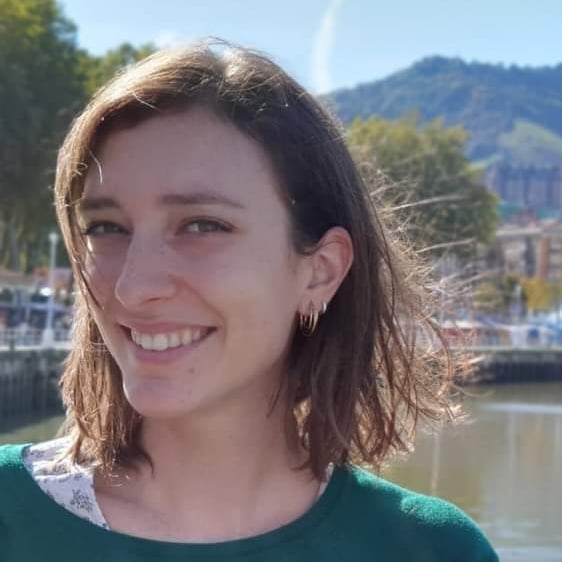 .
.
Aina completed her undergraduate BSc degree in Biology from University of Barcelona, Spain. She then completed her MSc in Advanced Genetics from Autonomous University of Barcelona, Spain. In 2016, she moved to University of Navarra, Spain, to pursue her PhD in Huarte’s lab, investigating the role of non-coding RNAs in regulating genomic DNA replication, where she continued as a postdoctoral researcher for two more years. Aina joined Professor Kristian Helin’s Lab in ICR, London, in 2023, to follow her research interests in chromatin biology.
 .
.
Van completed her undergraduate BSc degree in Biotechnology at the University of Nottingham, United Kingdom. She then obtained her MSc in Cancer biology and PhD in Clinical medicine research at Imperial College London, where she investigated the mechanism of endocrine therapy resistance and targeting transcription machinery in breast cancer. After obtaining her PhD in 2020, she continued her research as a postdoc at Imperial College London. She started in Professor Helin’s lab in 2021 where her current research focuses on unravelling the tissue specificity of PRC2 alterations in cancer.
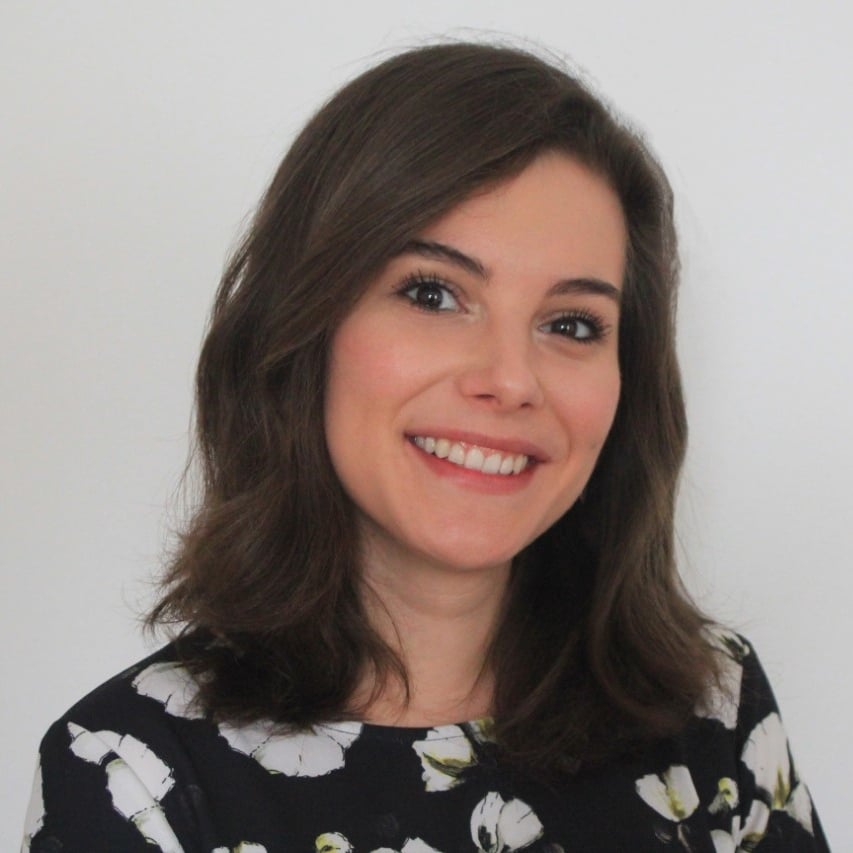 .
.
Isabel completed her undergraduate BSc degree in Biochemistry at Complutense University of Madrid, Spain. She then completed her MSc in Molecular Biomedicine at University of Copenhagen, Denmark. In 2018, Isabel joined Professor Kristian Helin’s lab in Copenhagen to pursue her PhD, during which she explored the use of CRISPR technologies for the discovery of novel therapeutic targets for glioblastoma and acute myeloid leukemia treatment. She is continuing this research at ICR after joining in August 2022.
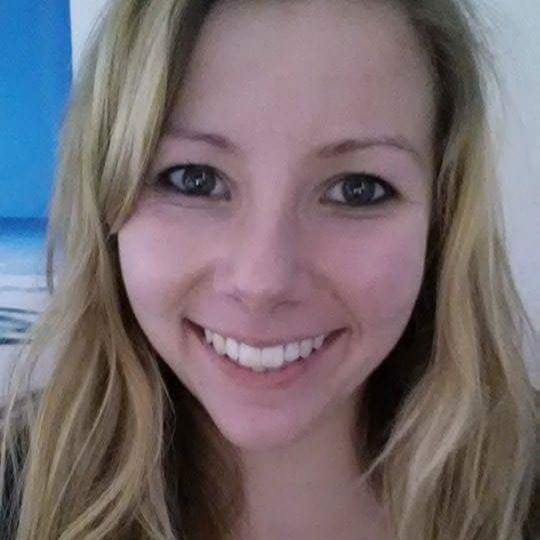 .
.
Hayley completed her undergraduate degree in Natural Sciences, majoring in Genetics, at Trinity College Dublin, Ireland in 2016. She then obtained her PhD in Chromatin Biology at University College London in 2021. During her PhD, she researched the molecular mechanisms by which the cohesin complex regulates chromatin organisation, with a specific focus on regulation of cohesin’s association with chromatin. In 2023, Hayley joined Professor Kristian Helin’s lab at the ICR in London. Her research focuses on the role of Polycomb Repressive Complex 2 (PRC2) in cancer and the molecular mechanism of Polycomb-mediated repression.
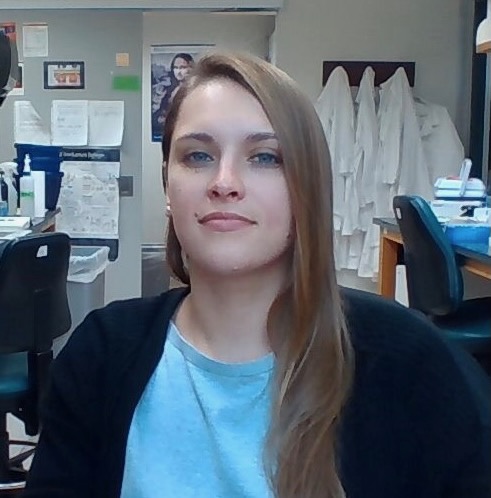 .
.
Celia began undergraduate studies at the University of Vermont then completed a BS in Biochemistry at SUNY Geneseo, USA. After, she worked on hiPSC-based disease models of macular degeneration as a technician at the University of Rochester Medical Center, New York. Celia went on to obtain a PhD in Pathology at the University of Rochester School of Medicine. There, her thesis research focused on the acute myeloid leukaemia (AML) bone marrow microenvironment, specifically on elevated lactate-GPR81 signalling-mediated macrophage immunosuppression and leukemic progression. In 2024, Celia joined the Helin lab, where her current research focuses on disease models and therapeutic vulnerabilities of TP53-mutant/complex karyotype AML.
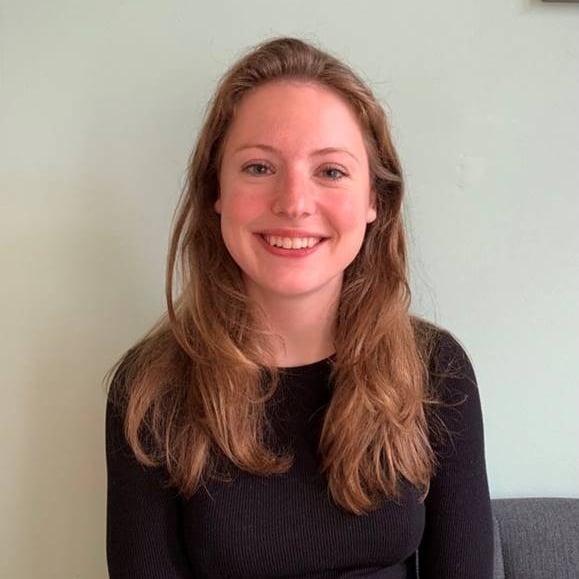 .
.
Email: [email protected]
Location: Chelsea
Christa obtained her BSc degree at Maastricht University, the Netherlands. She then completed the Msc Oncology at the Vrije Universiteit in Amsterdam. In 2022 she started her PhD in Professor Kristian Helin’s lab where she studies p53 missense mutations in AML.
Professor Kristian Helin's group have written 299 publications
Most recent new publication 6/2025
See all their publicationsRecent discoveries from this group
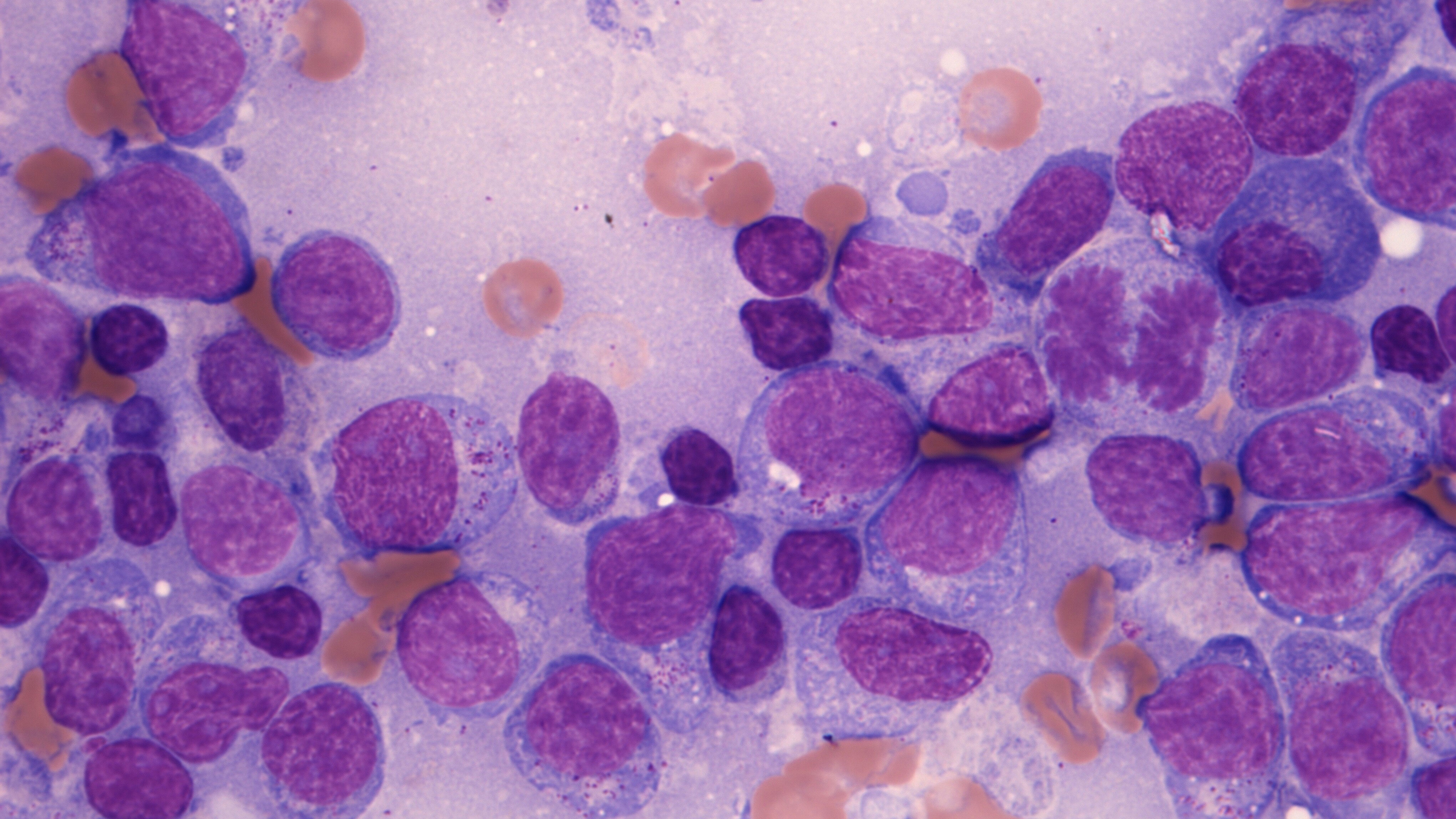
Thousands of blood cancer patients could benefit from new drug combination
-16-9.jpg?sfvrsn=b9495114_2)
Newly identified therapeutic target may lead to effective treatments for the most common and dangerous form of brain cancer
.jpg?sfvrsn=21a64ae3_1)
New treatment target for aggressive leukaemia discovered by disrupting its genome organisation
